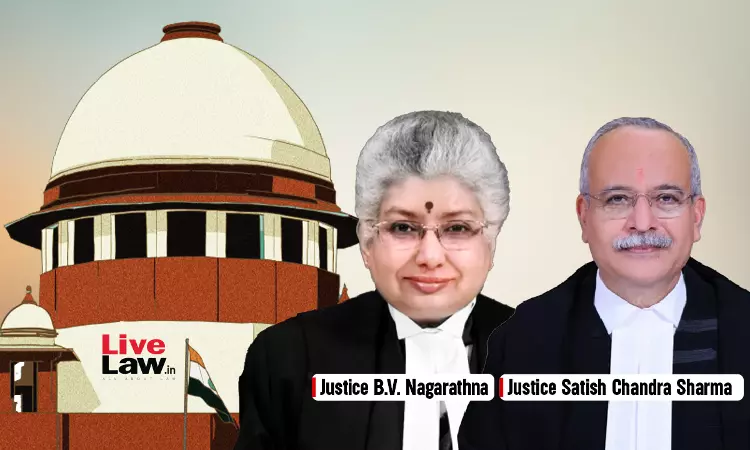No Concept Of 'Deemed Sanction' Under Section 197 CrPC : Supreme Court
Yash Mittal
26 Feb 2025 1:35 PM IST

Next Story
26 Feb 2025 1:35 PM IST
While quashing a case against the public servant due to lack of prior sanction, the Supreme Court on Tuesday (February 25) observed that the failure of the sanctioning authority to provide sanction within the stipulated time would not make the sanction a 'deemed sanction' because such a concept doesn't exist under Section 197 of Code of Criminal Procedure, 1973."Section 197 of CrPC does...
